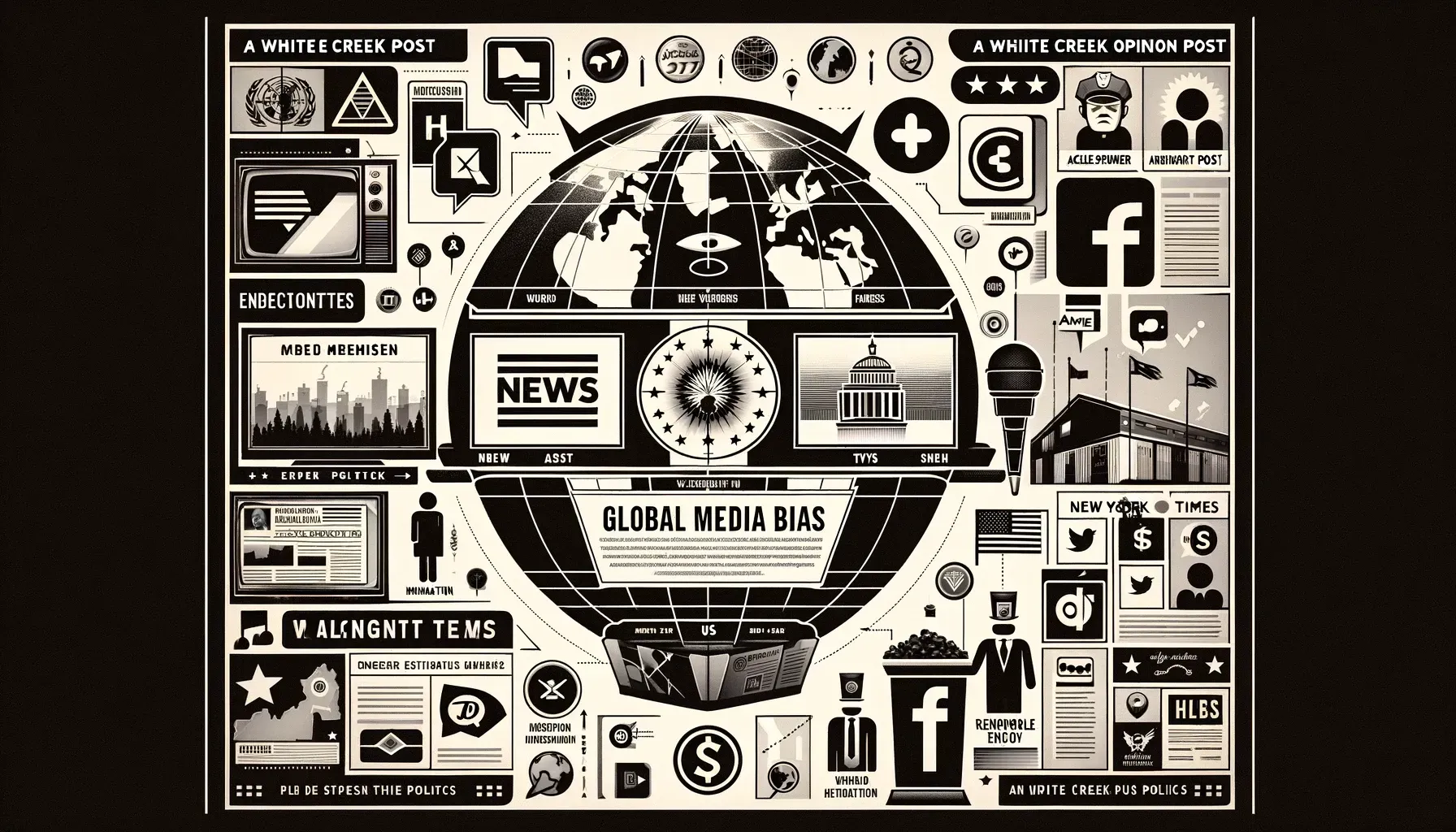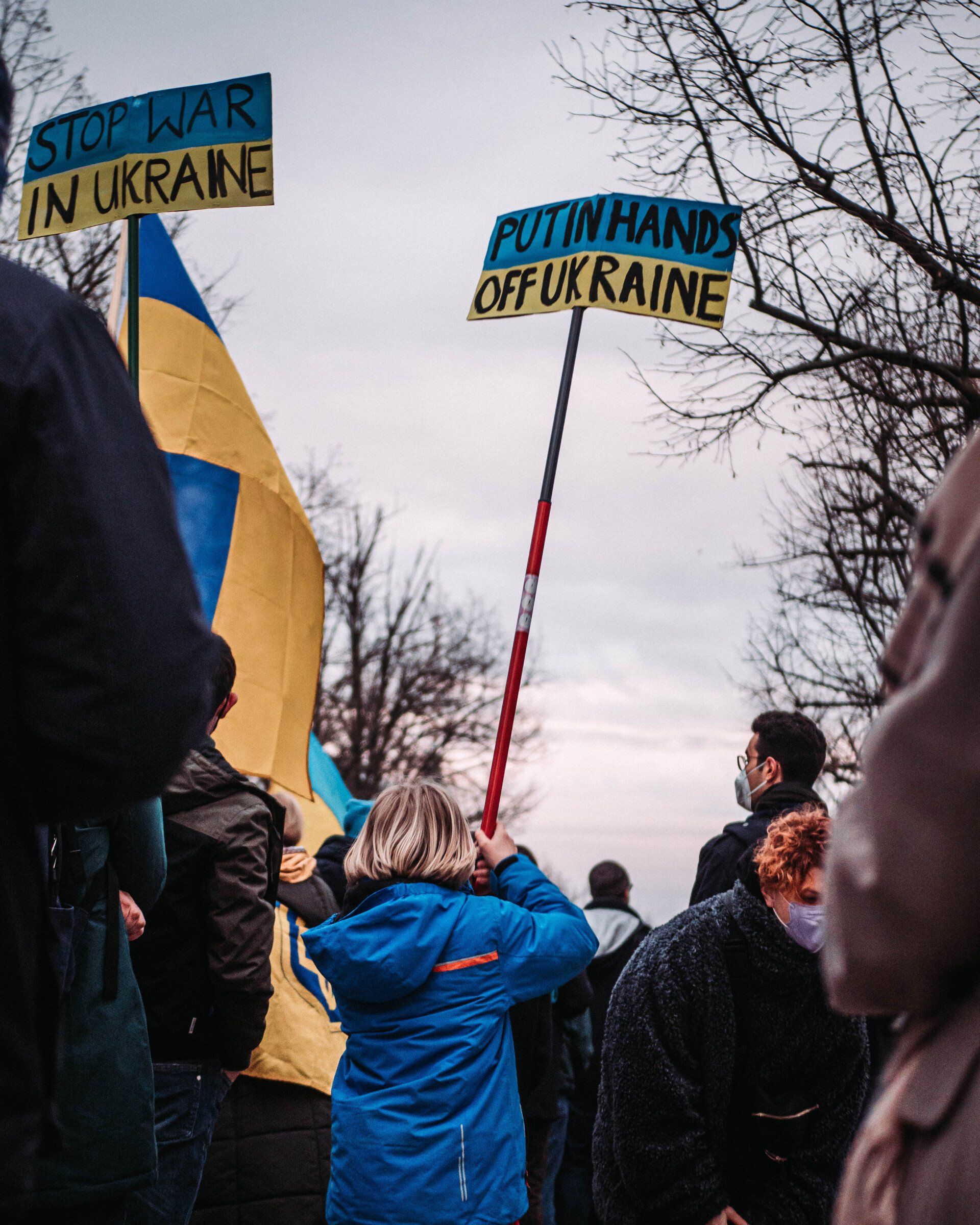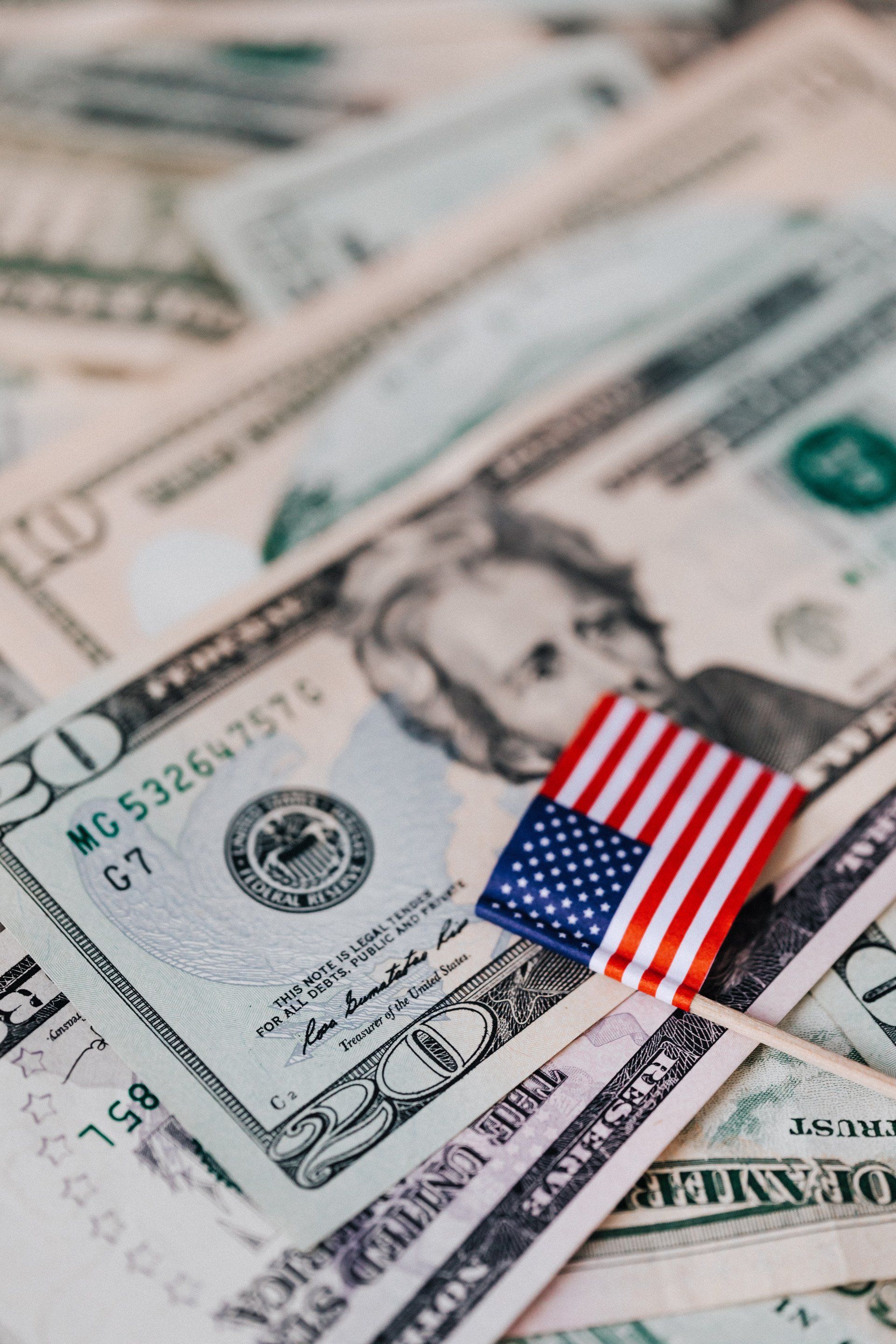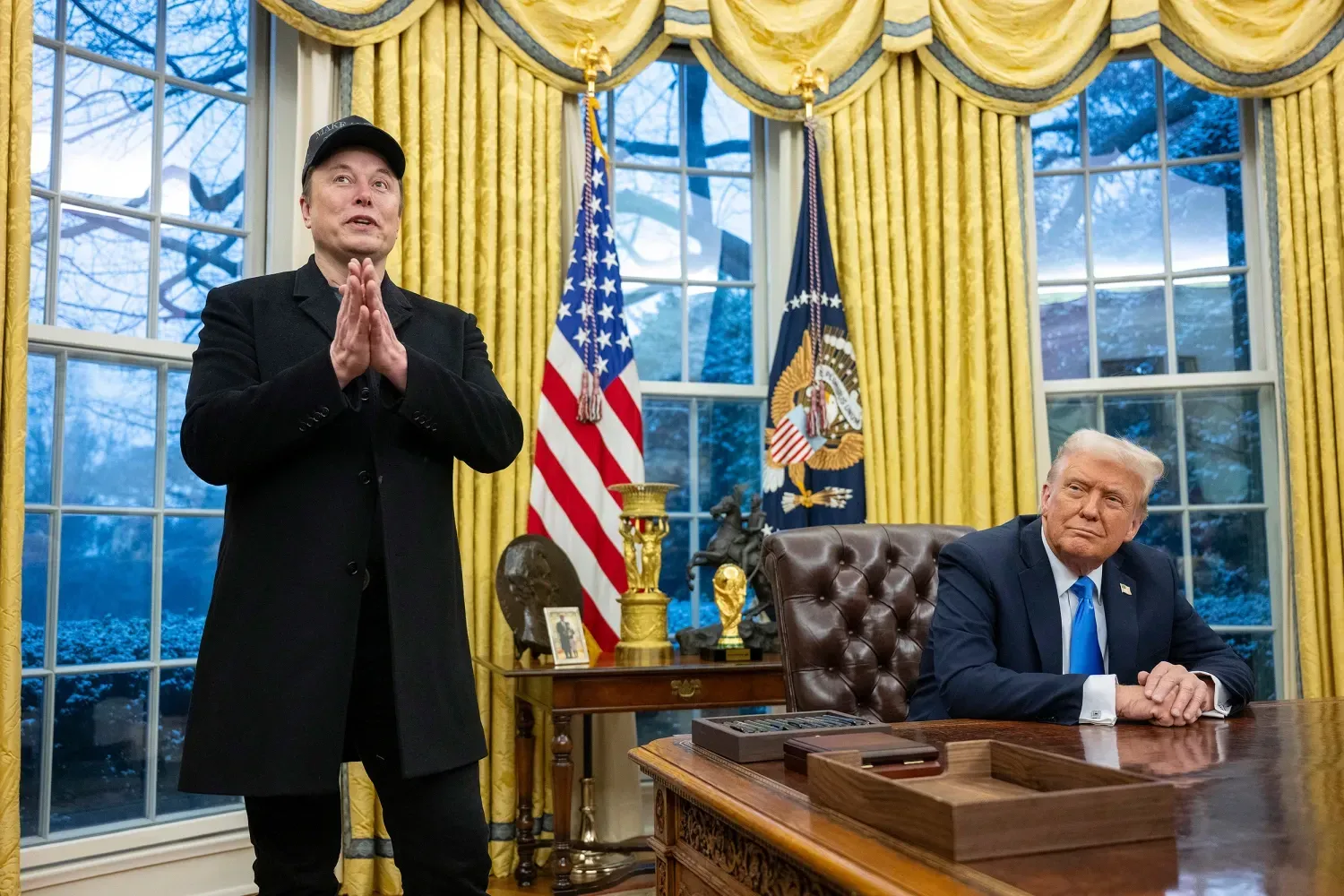Economics – World Economic Forum
The World Economic Forum (WEF) is an organization founded by Klaus Schwab. Every year, the WEF holds its annual meeting in Davos, Switzerland. The following is an introduction to the WEF, as taken from Wikipedia:
The World Economic Forum (WEF) is an international non-governmental and lobbying organization[1] based in Cologny, canton of Geneva, Switzerland. It was founded on 24 January 1971 by German engineer and economist Klaus Schwab. The foundation, which is mostly funded by its 1,000 member companies – typically global enterprises with more than US$5 billion in turnover – as well as public subsidies, views its own mission as "improving the state of the world by engaging business, political, academic, and other leaders of society to shape global, regional, and industry agendas".
The WEF is mostly known for its annual meeting at the end of January in Davos, a mountain resort in the eastern Alps region of Switzerland. The meeting brings together some 3,000 paying members and selected participants – among whom are investors, business leaders, political leaders, economists, celebrities and journalists – for up to five days to discuss global issues across 500 sessions.
Aside from Davos, the organization convenes regional conferences in locations across Africa, East Asia, Latin America, and India and holds two additional annual meetings in China and the United Arab Emirates. It furthermore produces a series of reports, engages its members in sector-specific initiatives and provides a platform for leaders from selected stakeholder groups to collaborate on projects and initiatives.
The Forum suggests that a globalized world is best managed by a self-selected coalition of multinational corporations, governments and civil society organizations (CSOs), which it expresses through initiatives like the "Great Reset" and the "Global Redesign".
The World Economic Forum and its annual meeting in Davos have received criticism over the years, including the organization's corporate capture of global and democratic institutions, its institutional whitewashing initiatives, the public cost of security, the organization's tax-exempt status, unclear decision processes and membership criteria, a lack of financial transparency, and the environmental footprint of its annual meetings. As a reaction to criticism within Swiss society, the Swiss federal government decided in February 2021 to reduce its annual contributions to the WEF. The WEF has also been the target of conspiracy theories.
The World Economic Forum (WEF) used to be seen as a gathering for networking and meeting individuals from various industries. Approximately 70% of its attendees and members come from finance, health, and environmental sectors, while politicians from various countries are also in attendance. However, with the advent of the Covid-19 pandemic, the concept of the "great reset" has arisen, leading to questions about whether the WEF is truly a forum or if it is instead orchestrating a fundamental change in the world.
This year, two notable absences were George Soros and Russia. George Soros did not attend without reason, while Russia was disinvited as a result of a sanctions measure, making the WEF a more political event. There are rumors that Klaus Schwab runs the organization as a one-man show and functions like a dictatorship, only allowing those who align with his principles to hold leadership positions. Despite this, many companies still pay a large sum of money to attend the forum, suggesting that there are benefits to be had.
Given that the European Union has non-elected members, it is unclear how the WEF can promote democracy. Furthermore, as an elitist forum, it is questionable how the WEF can dictate the lives of those governed by democracy, especially if global governments and lobbyists are in agreement with the agenda and use the WEF as a coordinating effort.
At this year's political-economic forum, President Zelinski asked for more weapons and the EU promised significant spending support. However, no discussions were held on peace talks, suggesting that war may be good for the economy. Meanwhile, Al Gore and John Kerry, along with other financial groups profiting from green investments, promised once again that the world would end, with many followers espousing the same sentiment. However, as Federal Reserve Chair Yellen noted, this change may be only temporary.
A young leader in Danish politics proposed a future where individuals give their salary to the government and the government pays for their life, with a tax rate of 56%. Some liberal individuals may label this as a conspiracy theory, but it is worth keeping an eye on.
With sanctions against Russia and the decision not to buy oil and gas, Putin's inflation has increased, although it has eased slightly due to European countries reviving some coal plants and Russia exporting oil and gas that finds its way back into the Western world. However, this just shows that staying in power is the most important factor, rather than transparency.
The outcome of the debt limit talks is uncertain, but a dissection by a public advisory board instead of career politicians, or an audit by a real third party not associated with McKinsey, would be beneficial.

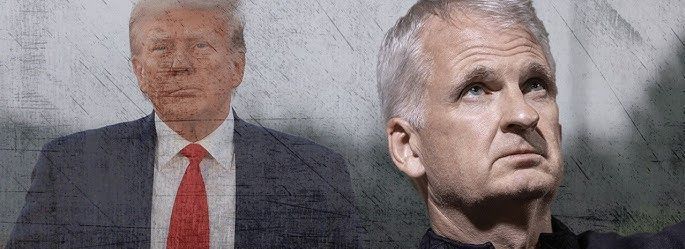
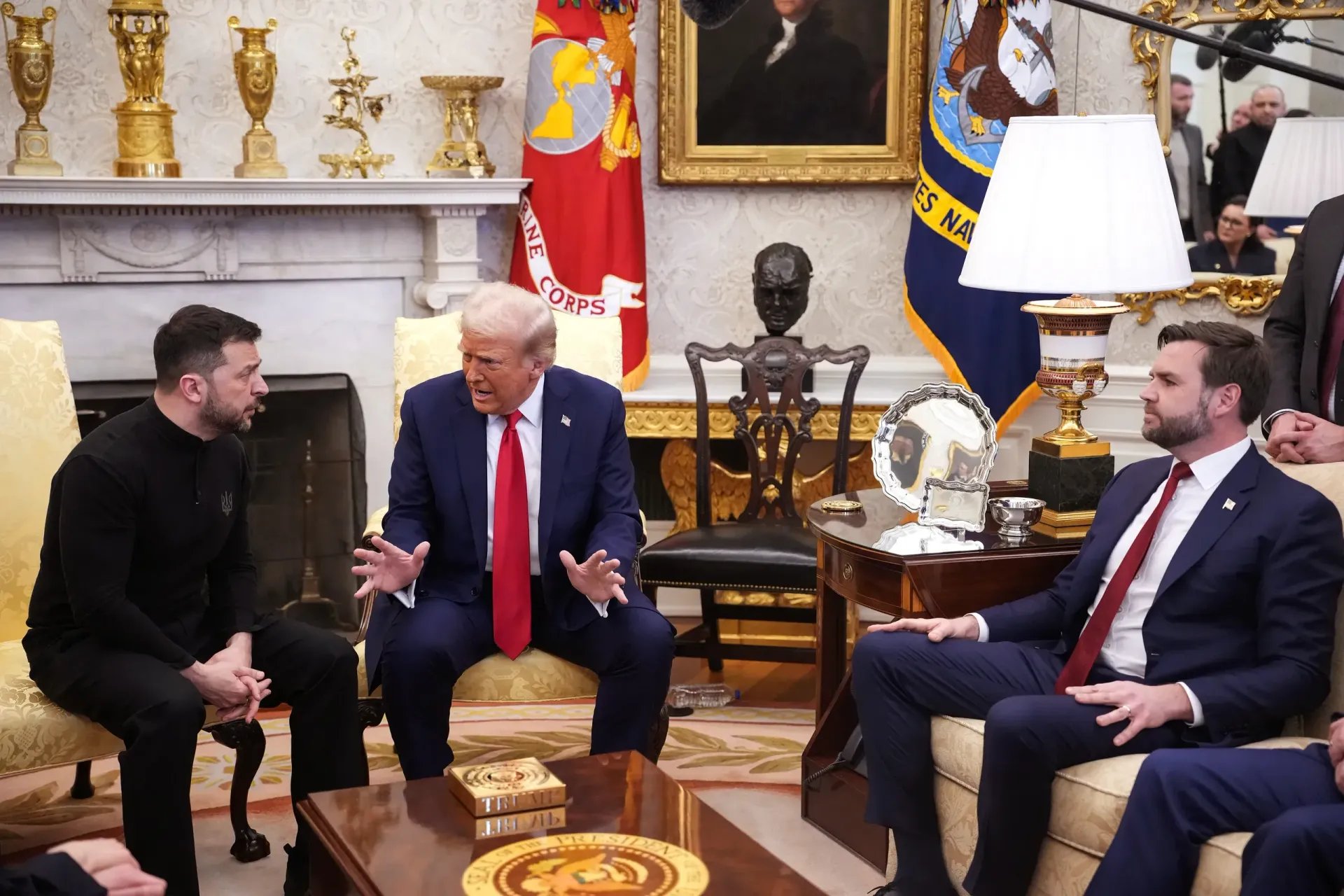
Sign Up For Our Newsletter
We will get back to you as soon as possible
Please try again later


